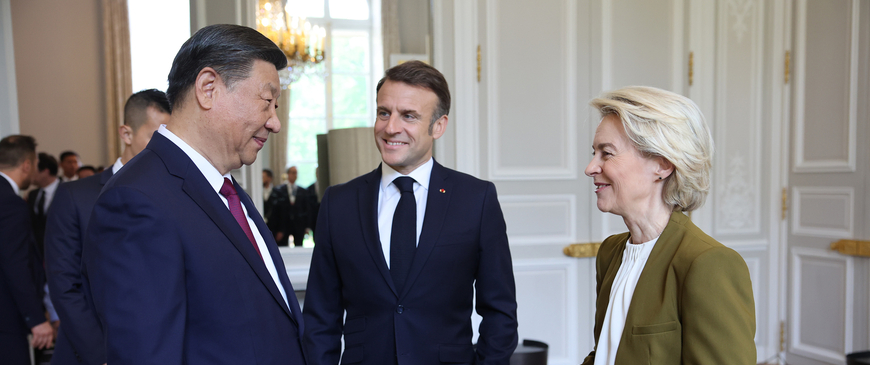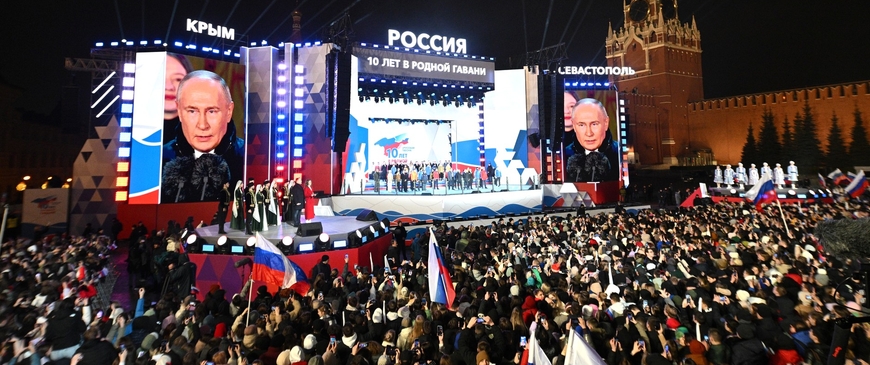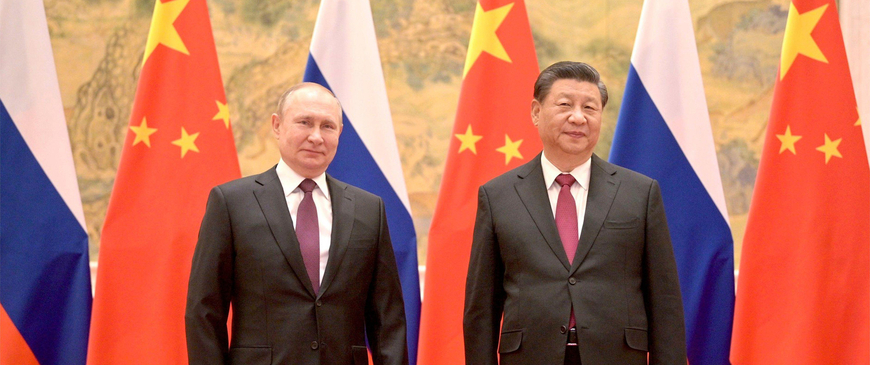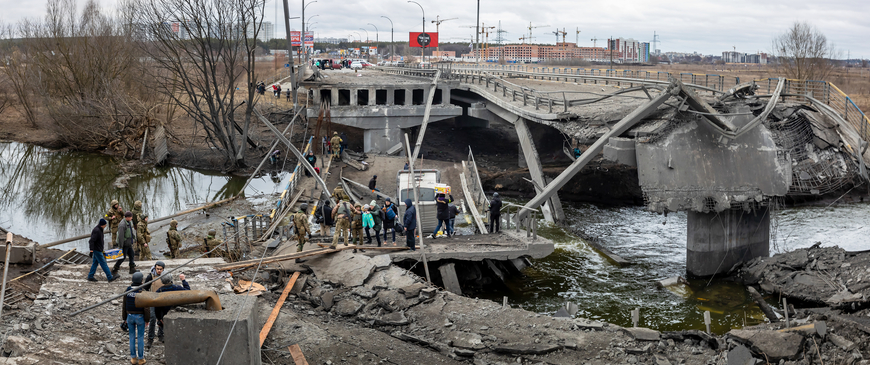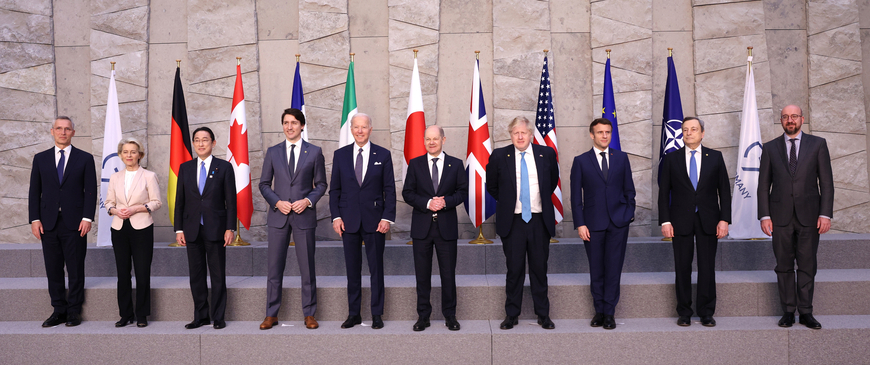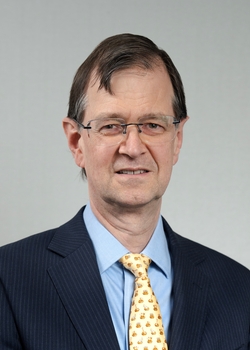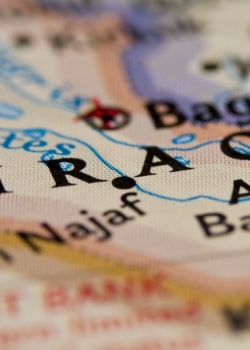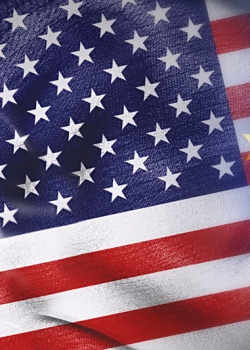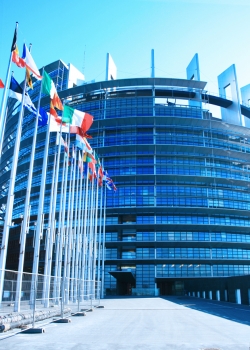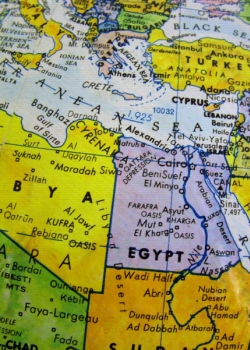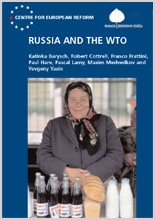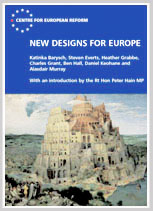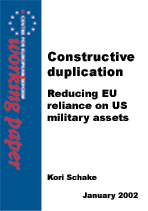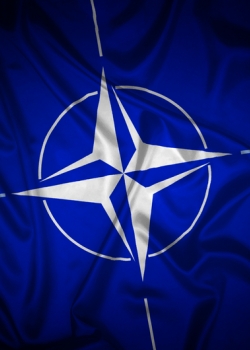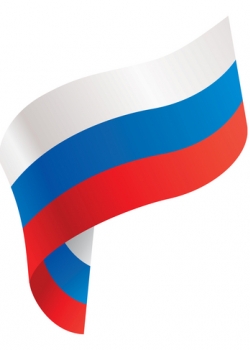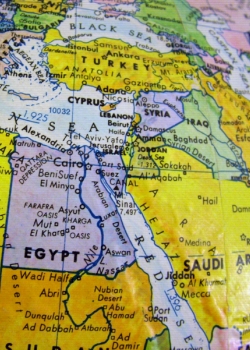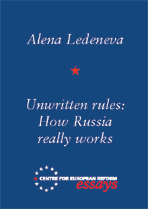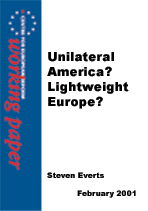China & Russia
War: Who is to blame
01 April 2003
The French President has employed scorn and threats to insult sovereign European states, in a style reminiscent of comments made by Donald Rumsfeld and Richard Perle about France and Germany.
The decline of American power
01 April 2003
Saddam Hussein notwithstanding, most of the world's problems cannot be solved by military force. Their solution requires 'soft power', which can be defined as a country's ability to influence events through persuasion and attraction, rather than military or financial coercion. A country has more soft power if its culture, values...
Issue 29 - 2003
28 March 2003
- More power for the parliament , Pervenche Bérès MEP
- The decline of American power, Charles Grant
- War: Who is to blame, Pierre Hassner
How Europe can help the Middle East peace process
03 February 2003
The EU member-states are deeply divided over Iraq. But on the other great issue of the Middle East the Israel-Palestine conflict they have an increasingly common perspective.
Russia and the WTO
06 December 2002
Russia first applied to the World Trade Organisation in 1993. But it was only when Vladimir Putin took over the presidency in 2000 that real progress towards accession became possible.
New designs for Europe
04 October 2002
Everybody agrees that the EU's institutions are in bad need of reform. In the Convention on the Future of Europe, and elsewhere, a real debate has begun on how Europe should be governed.
EU foreign policy: A necessity, not an option
01 October 2002
No one who has lived through the recent weeks of international crisis over Iraq can doubt that making a reality out of Europe's Common Foreign and Security Policy is both one of the highest priorities for the European Union and one of the most difficult tasks it faces.
Time for Mr ESDP?
01 October 2002
The EU's attempt to create a viable defence policy born of Franco British parentage at Saint Malo four years ago has, so far, made only limited progress.
The long road to Doha
01 February 2002
The launch of a new round of multilateral trade negotiations by the World Trade Organisation (WTO) at Doha was not only a major accomplishment, it was a case of snatching victory from the jaws of defeat. As recently as six months ago, few would have predicted that the world's trading...
Constructive duplication: Reducing EU reliance on US military assets
04 January 2002
In 'Constructive duplication', Kori Schake asserts that the Bush administration has taken a positive approach to the European Union's attempts to develop a military capability.
Time to abolish the EU's rotating presidency
03 December 2001
The EU performance in foreign policy in the aftermath of September 11th has been underwhelming. European leaders have maintained unity on the substance of policy - a major step forward compared with the situation a decade ago.
NATO's big bang
03 December 2001
In 2002 NATO has a rare opportunity to enhance stability in Eastern Europe and build a new relationship with Russia. At the Prague summit in November, the alliance should offer membership to seven countries - Bulgaria, Estonia, Latvia, Lithuania, Romania, Slovakia and Slovenia.
Such a 'Big Bang' would consolidate pro-western democratic...
Such a 'Big Bang' would consolidate pro-western democratic...
A focused campaign not a crusade
01 October 2001
As America comes to terms with the massive terrorist attacks on September 11, and as it frames and implements its response, the key question for Europe is: what should its role be?
US, EU and Russia: A new order?
01 October 2001
In the aftermath of September 11th's horrific events, the world has focused on America's diplomatic and military response. Some of the security issues that commentators were worrying about before the terrorist attacks - such as missile defence, the Balkans and the future of NATO - have left the headlines.
Issue 20 - 2001
28 September 2001
- A focused campaign not a crusade, By Steven Everts
- US, EU and Russia: A new order?, Charles Grant
- Europe must tackle asylum, Ben Hall
Policing global competition
01 August 2001
The fall-out from the European Commission's decision to veto the proposed $42 billion merger between General Electric and Honeywell shows how competition policy is becoming politicised.
EU should duplicate NATO assets
01 June 2001
Many American policy-makers are worried that the European Security and Defence Policy (ESDP) could undermine NATO and damage the transatlantic relationship.
Time to act in the Middle East
01 June 2001
Once again the Middle East is facing a crisis with rising levels of hatred and violence on all sides. The death toll in the "second" intifadah stands at 450 Palestinians and around 100 Israelis and is rising. As a result, the prospects for a comprehensive peace accord are slipping ever further away.
Unwritten rules: How Russia really works?
04 May 2001
Western businesses and policy-makers must first grasp the "unwritten rules" that underpin the Russian economy, if they are to play a role in its transformation, according to this essay.
Unilateral America? Lightweight Europe? Managing divergence in transatlantic foreign policy
02 February 2001
The election of George W Bush as the new US President has caused uneasiness in Europe, both at the level of individual states and that of the European Union (EU). Bush has assembled an impressive team to work on foreign policy, including Colin Powell as the new Secretary of State,...

